-
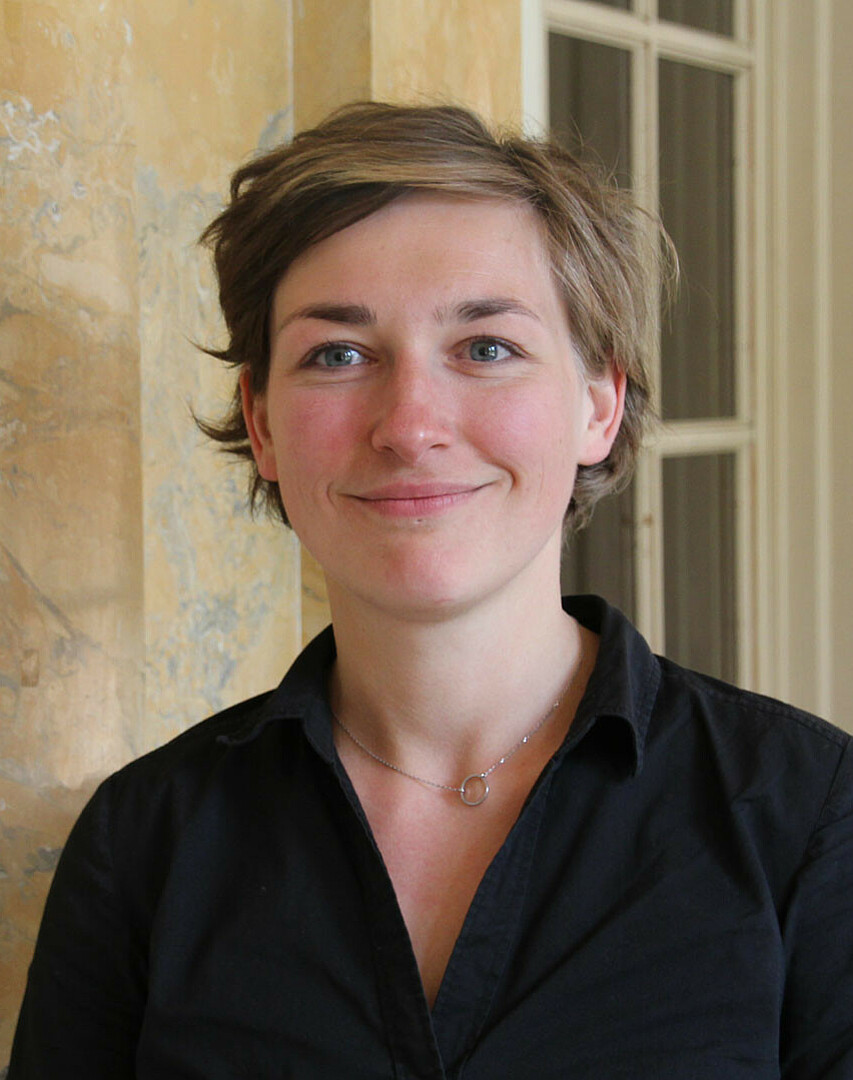
© Nicola Sernow
01.08.2023Prof. Dr. Sarah Häseler, Katholische Hochschule für Sozialwesen Berlin
Making a difference in urban coexistence through her academic work – that is the goal of Prof. Dr. Sarah Häseler. Born in Berlin, she has been a professor for theories and methods of social work at the Catholic University of Applied Social Sciences Berlin (Katholische Hochschule für Sozialwesen Berlin, KHSB) since 2020 – with a focus on promoting local democracy.
“Engagement” is a word that particularly characterises Prof. Dr. Sarah Häseler. “In my days at school I was already involved in voluntary work and led theatre groups. Later I wanted to do something with theatre and studying social work seemed the most appropriate to me,” says the Brain City Ambassador. During her degree studies at the Catholic University of Applied Social Sciences Berlin, she came into contact with district work and learned how municipalities and communities organise themselves. “I was fascinated by how enthusiastically people who were involved in the Berlin citizens’ platforms spoke about it and what influence it had on their lives and their way of life,” Sarah Häseler recalls: “I wanted to know more about this so that I could initiate and accompany change. I was particularly motivated by the enthusiasm of others.”
Sarah Häseler is also extremely committed to her current teaching and research activities at the KHSB, where she – after completing her Master’s degree in adult education/lifelong learning at the Humboldt-Universität zu Berlin, her doctorate at the Faculty of Education at the University of Duisburg-Essen and a professorship for social work at the Medical School Berlin – today works as a professor for theories and methods of social work with a focus on promoting local democracy.
“I focus on two main research areas,” says Sarah Häseler: “The first deals with civic engagement and living together in the district. Here I am concerned with how people in a district can influence and change something. In particular, my focus is on the people whose voices and advocacy groups are less heard. An example is the Berlin citizen platforms (German only). As Director of the German Institute for Community Organising (DICO), the transfer between science and practice is important to me.”
The diversity of Berlin offers a lot of scientific potential: Practical and committed people come together here and develop and try out new things.
Her second focus of interest lies in the connection between district work and families. “How does a district have to be designed so that all families feel comfortable there? And what can a district do to support families, ideally before they get into a crisis situation? I try to answer questions like these in my research.” Sarah Häseler is currently investigating how family centres in particular can be used to reach families who are affected by poverty. As in all of her projects, she would like to initiate, accompany and develop changes in practice through her scientific work. “At best, this goes hand in hand: Practice can benefit from research and vice versa. This affects professionals such as social workers as well as the people in their district.”
Sarah Haseler was born in Berlin. And she still likes to live and work in the city. “My family lives in Berlin, my children are growing up here and find an exciting mix of diversity in the city – in neighbourhoods, culture, sport and nature.” Berlin offers everyone the opportunity to live like in a village, to know their neighbours, meet each other on the street and at the same time take advantage of what a big city has to offer. “Even climbing is possible here – although the mountains are rather small and artificial,” she says with a wink.
Sarah Häseler uses the diversity and the cosmopolitan attitude of Brain City Berlin in an interdisciplinary way: “The diversity of Berlin offers a lot of scientific potential: Practical and committed people come together here and develop and try out new things.” In her experience, there are many start-ups with innovative approaches and initiatives from civil society that want to get involved and change something, especially in the area of the SAGE professions (social work, health, upbringing and education).
Sarah Häseler recommends that young scientists who want to come to Berlin look around for suitable mentors. “From mentoring research, I know how important it is to have people who are approachable and who give you tips when you feel you are going in circles. Mentors from the personal and professional environment are particularly suitable for this. Be active and talk to these people.” In addition, the Brain City Ambassador encourages young scientific colleagues to keep their eyes and ears open: “Berlin has a wide range of offers, take advantage of the many initiatives, working groups and events to engage in exchange. Interdisciplinary approaches in particular enrich and promote creativity.” (vdo)
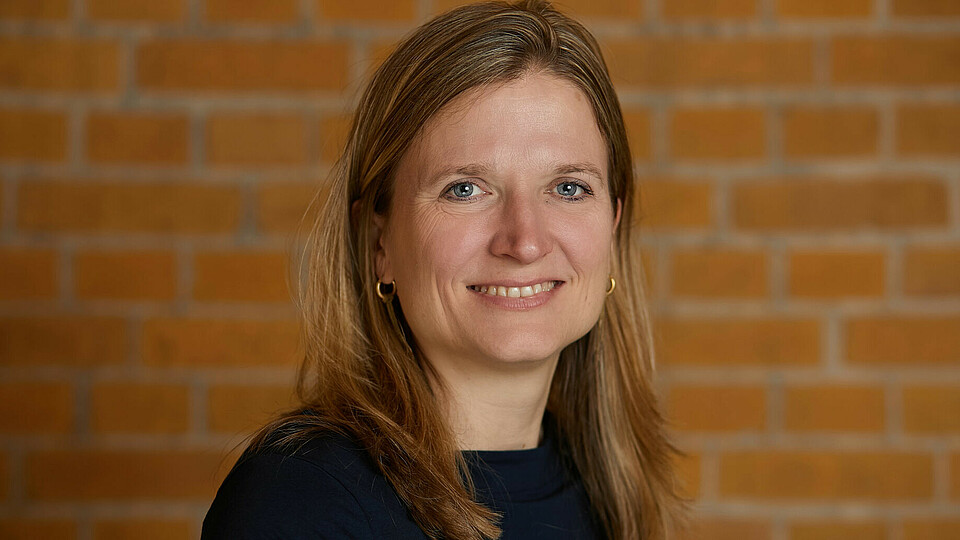
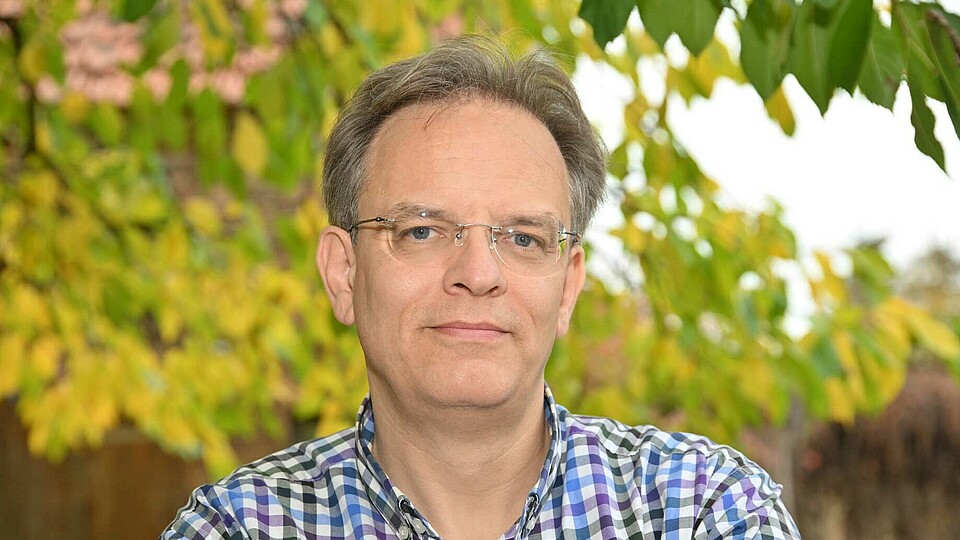
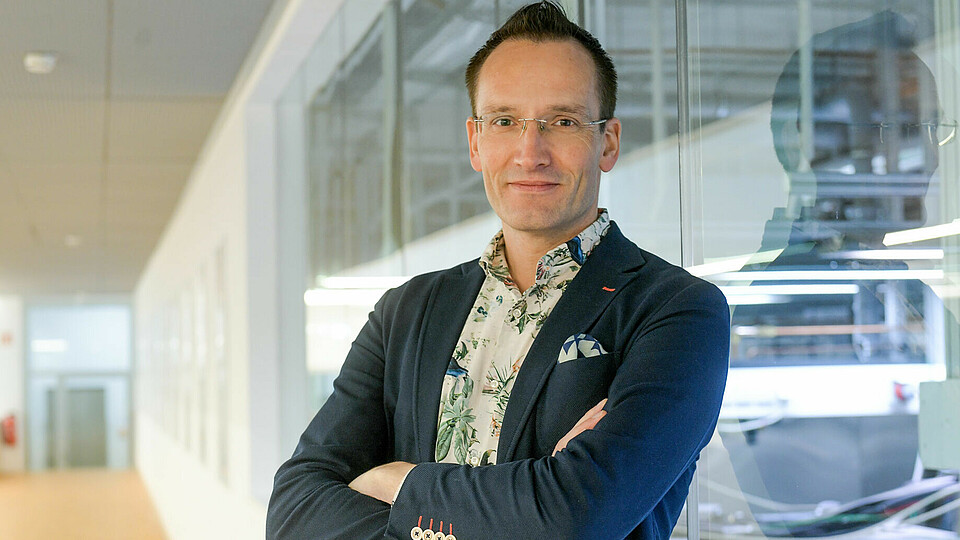
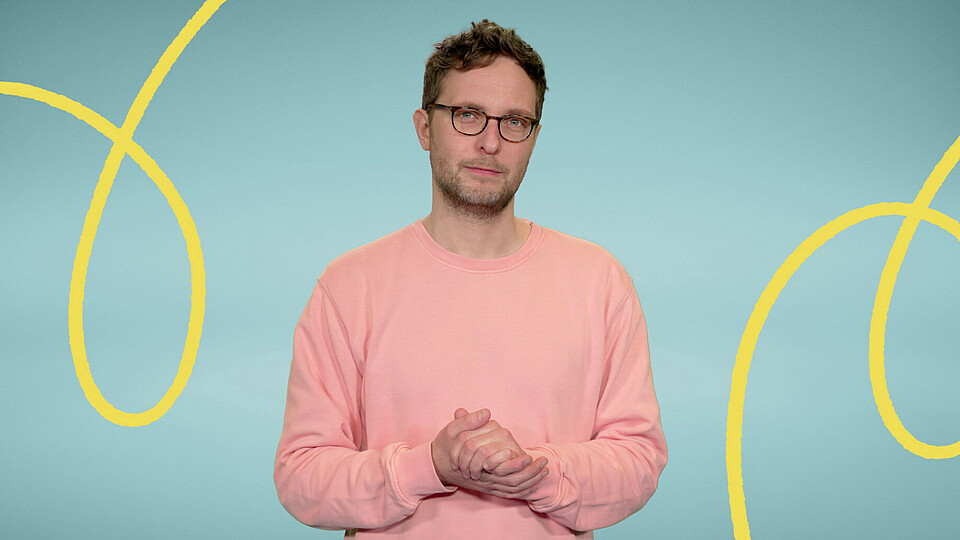
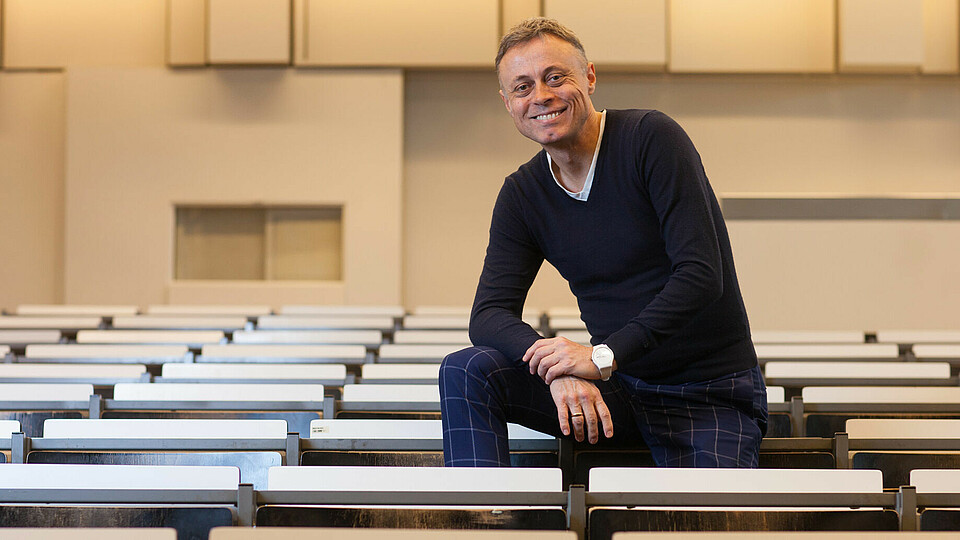
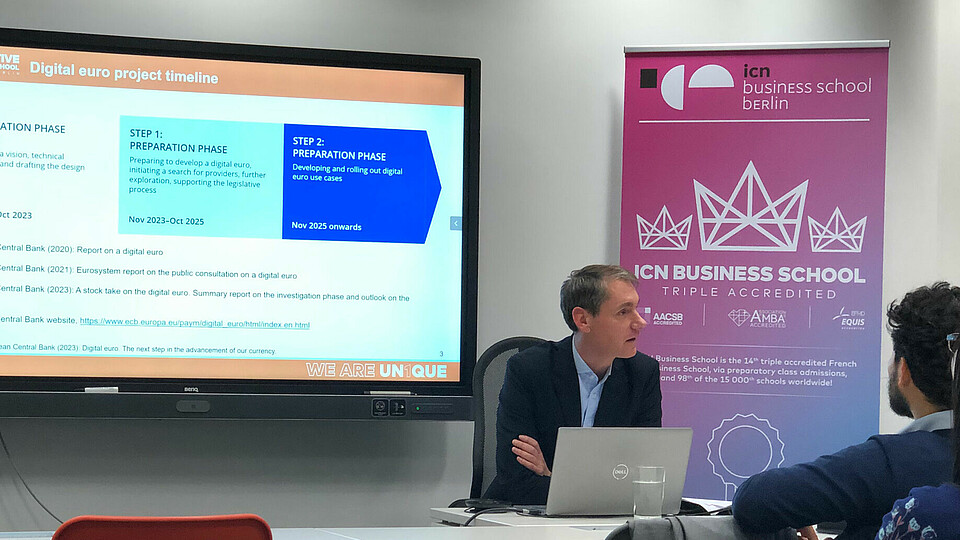
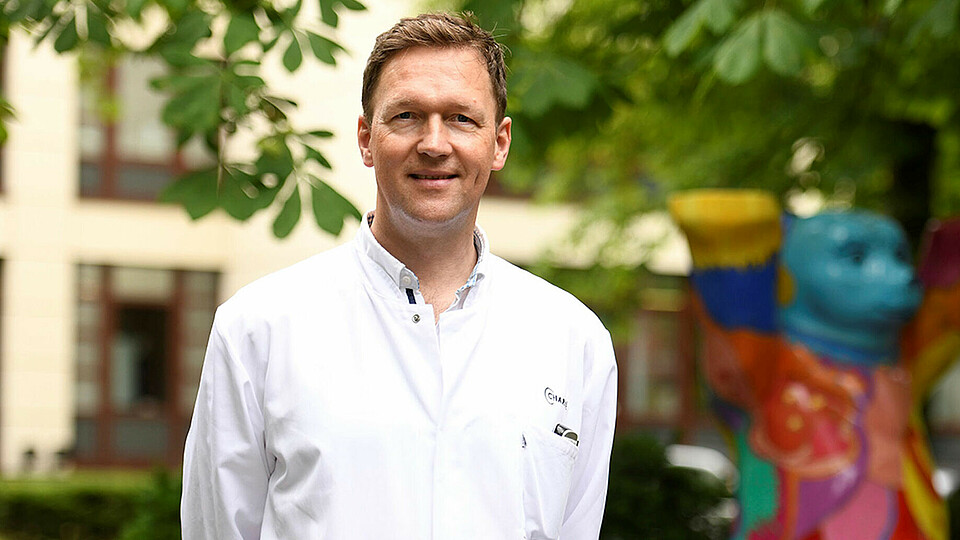
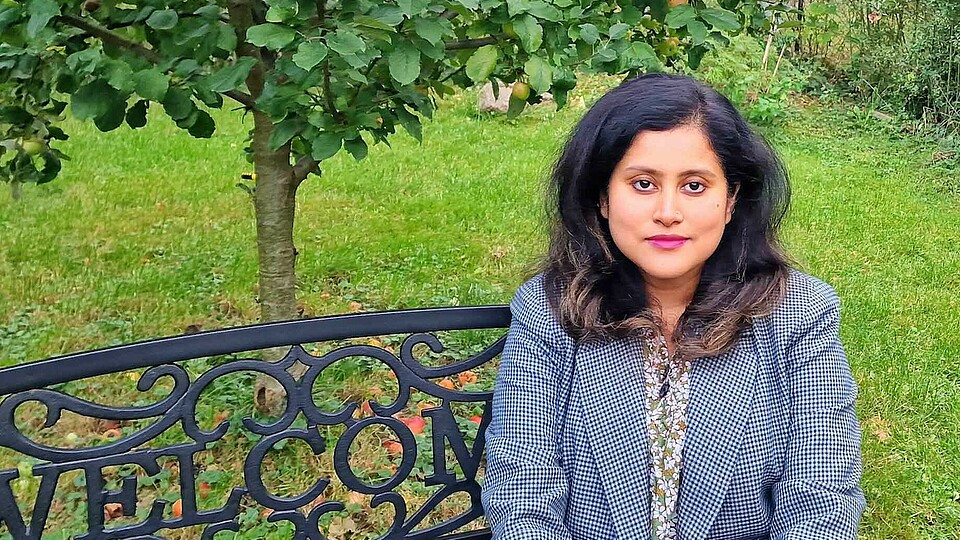
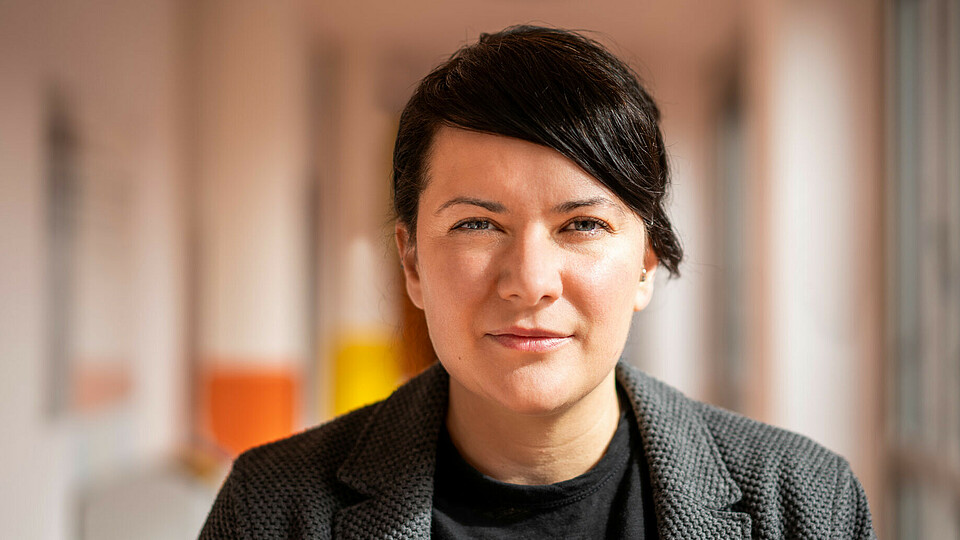
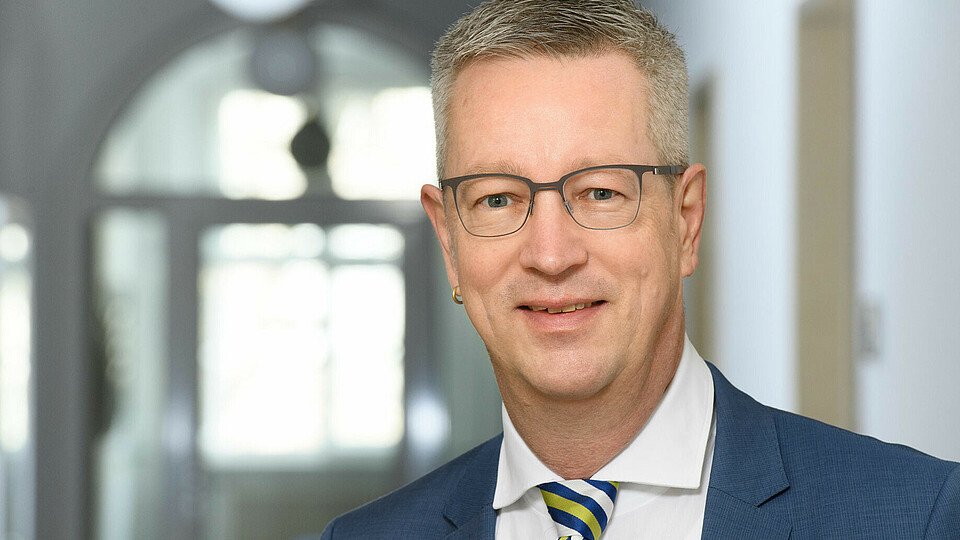
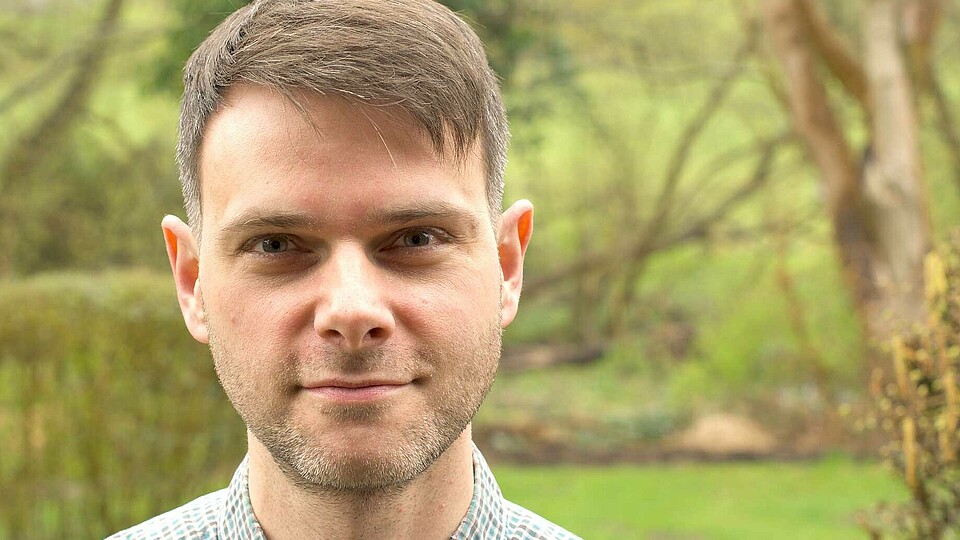
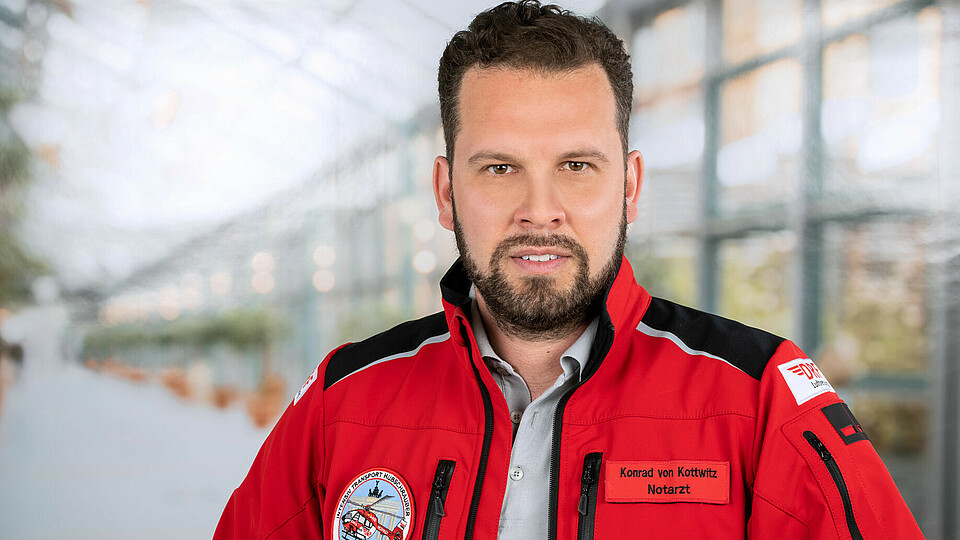
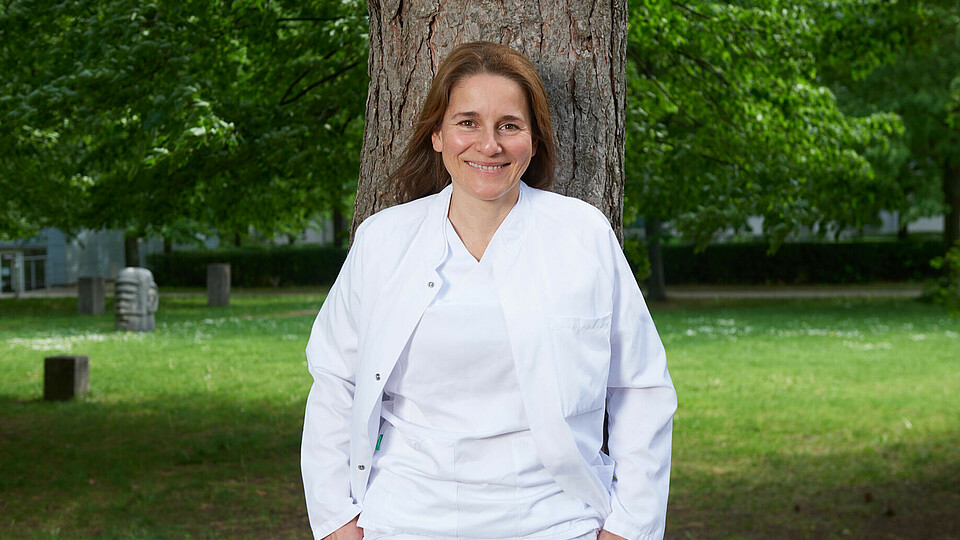
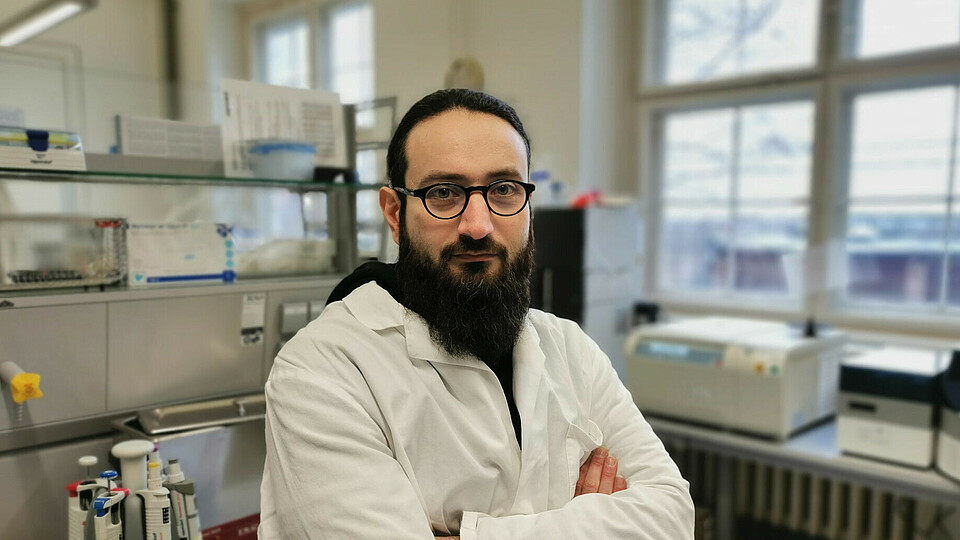
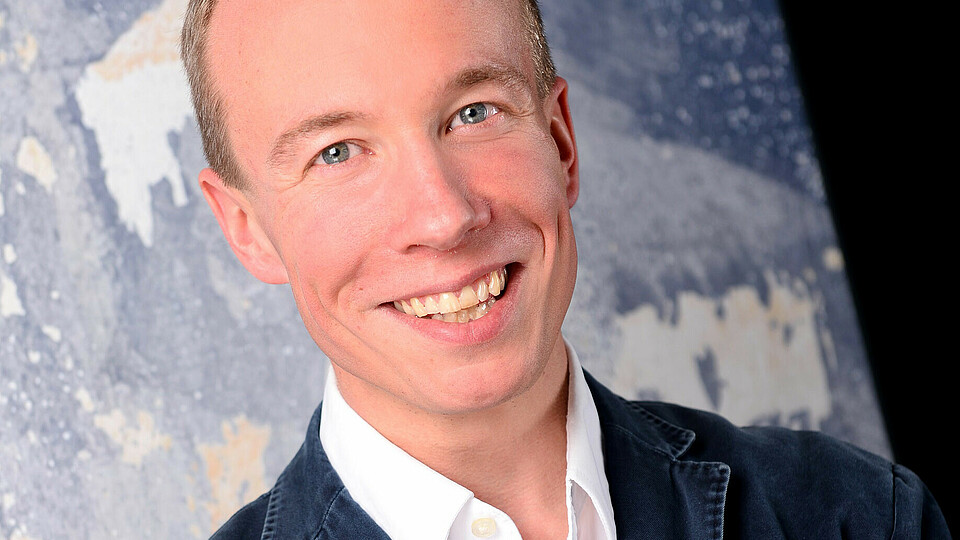
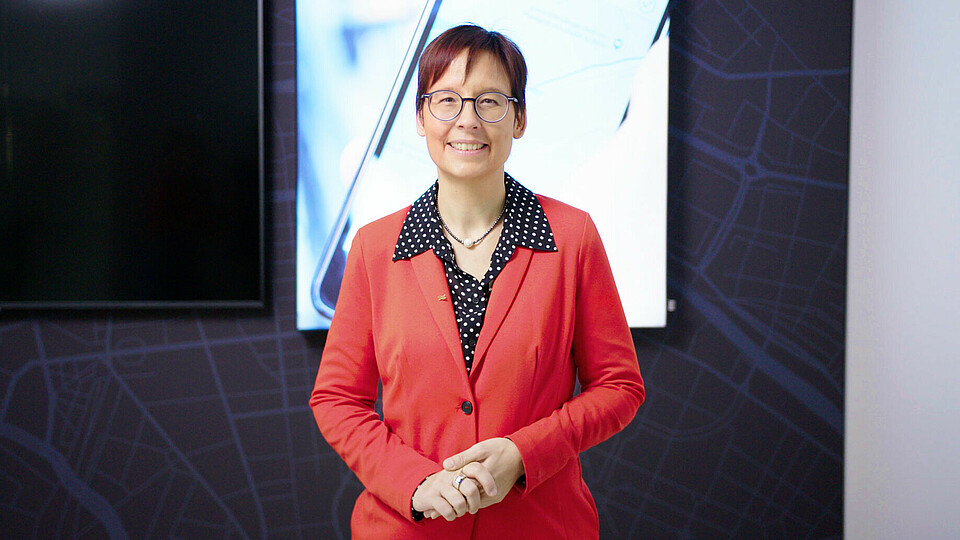
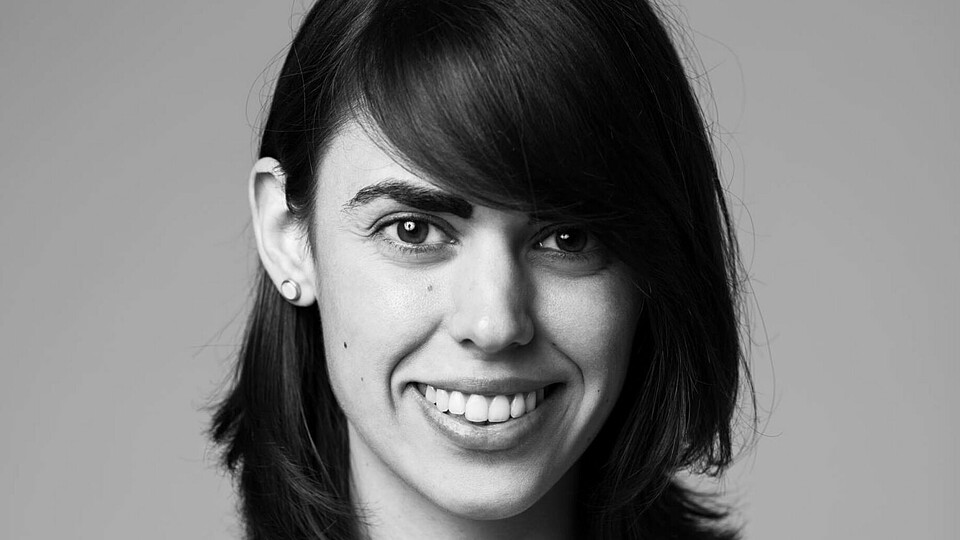
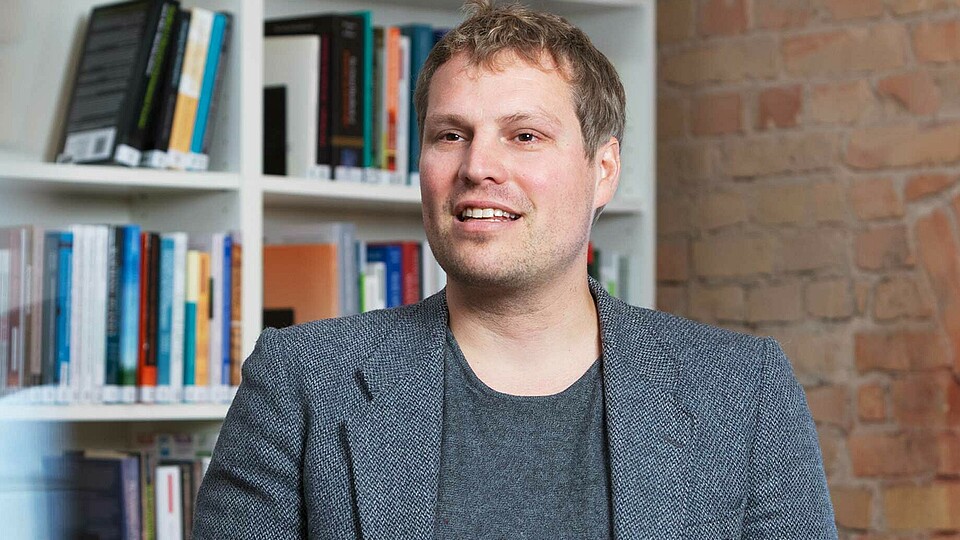
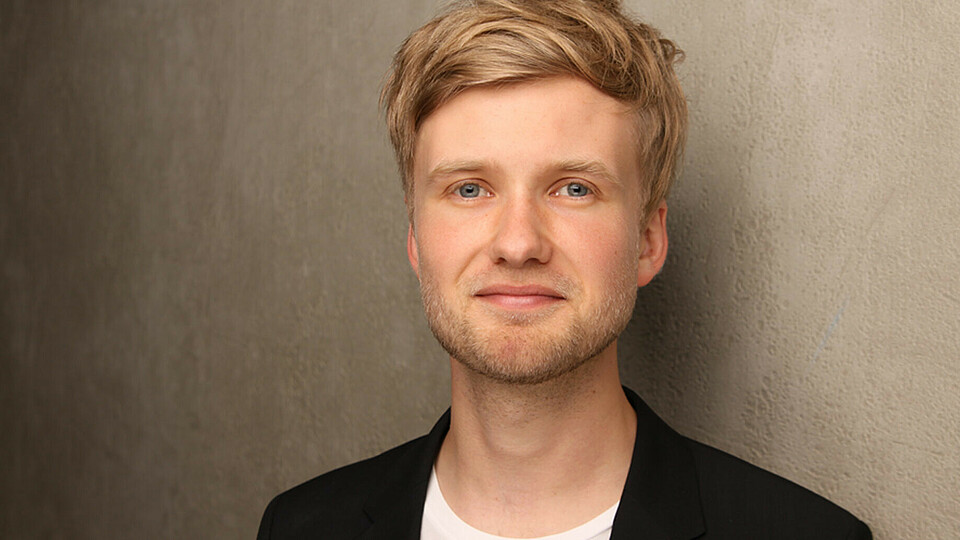
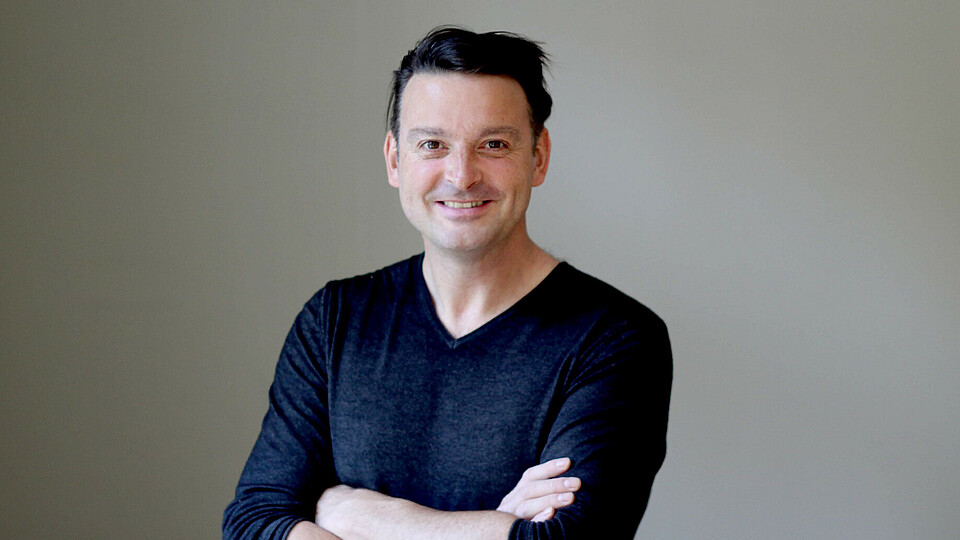
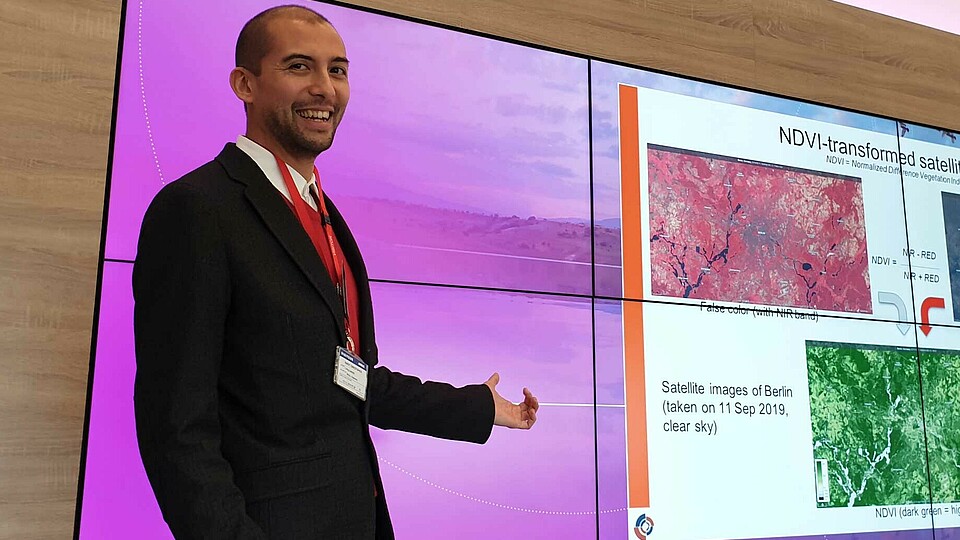
![[Translate to English:] [Translate to English:]](/fileadmin/_processed_/b/c/csm_Lang_Berlin-Partner_Philipp-Jester_683x384_31db623bc3.jpg)